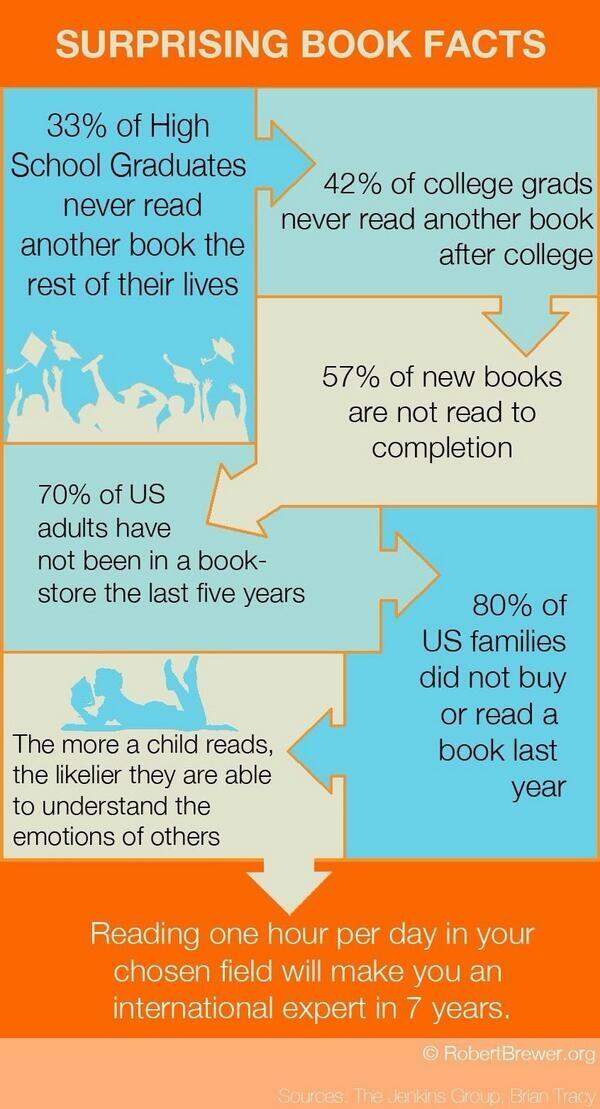From a distance, all you hear is the persistent drone, barely audible, like somebody else’s mosquito. I guess that’s why they call them drones. They can linger up there for days, watching and waiting, probably relieving each other like on-duty patrol cops — like slow-motion tag-team wrestling — like owls, waiting for a mouse to make a careless move.
From a distance, the sound recedes into the background cacophony of fans running, children playing, dogs barking, and thin shrill horns of motor scooters in traffic. It blends into the sound of life that comforts grandmothers that all is well when they wake momentarily from their afternoon nap. It is the sound of sudden and inescapable death — the thunderbolt of foreign gods thrown from heaven in retribution for unknown sins.
From a distance, remote operators watch, and guide, and drink Coca Cola, and decide who will live and who will die and when. You cannot know the faces of these nameless watchers. You cannot invite them to your daughter’s wedding or your uncle’s funeral. You cannot explain that you are loaning your shovel to a neighbor down the street and helping him plant a shade tree by the curb. You cannot explain or negotiate or fall on your knees to beg for understanding or plead for mercy.




















